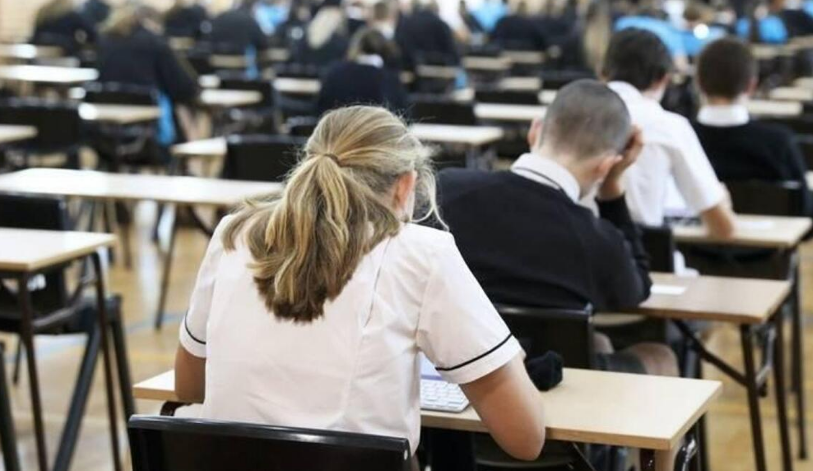The UAE Ministry of Education and the Ministry of Higher Education and Scientific Research have announced the cancellation of the UAE Standardized Test “EmSAT” for grade 12 students, effective immediately.
This change allows universities more freedom in setting their own admission criteria to better attract students based on their academic and career goals.
Her Excellency Sara Al Amiri, Minister of Education, stated that this decision reflects the Ministry’s commitment to creating an educational environment that supports student development and prepares them for their futures. Similarly, His Excellency Dr. Abdulrahman Al Awar, the Acting Minister of Higher Education and Scientific Research, highlighted the importance of broadening academic options for students.
This decision was approved by the Education, Human Development, and Community Council and is part of ongoing efforts to improve the national education system. It aims to help students get ready for higher education and the job market by following best practices that align with society’s needs and future aspirations.
The cancellation of the EmSAT means that grade 12 students will no longer need to take this standardized test for admission into higher education. Instead, students will only need to meet the entry requirements set by individual universities. This change is expected to ease the transition to higher education and support students in reaching their academic and career goals.
To ensure students are prepared, the Ministry is focusing on developing their skills in various subjects. This will be achieved through a new student performance assessment system that accurately measures their abilities. This approach will help the Ministry identify students’ actual skill levels and improve them through structured support.
Dr. Al Awar explained that the new policy allows universities to set their admission standards, giving them the flexibility to enroll students who may not meet the English language requirements by offering courses that help them gain proficiency. Additionally, universities can admit students into remedial courses if they haven’t achieved the necessary grades in key subjects.
For fields like medicine and engineering, the emphasis will be on specific subject grades rather than overall grade 12 scores. This shift aims to create diverse academic pathways that match students’ strengths and the demands of the labor market, producing qualified professionals ready to work in both public and private sectors.
Both ministries are working to implement flexibility in their education policies and admissions requirements across various academic pathways. This will open new opportunities for students and align with the UAE’s goals to equip its workforce with essential knowledge and skills. The ministries will keep universities informed about these changes and provide updates on the new standards.
Students and their families are encouraged to understand the admission requirements for each university based on their chosen field of study. It is recommended that they communicate directly with higher education institutions to clarify any requirements in line with current regulations.
While the cancellation of the EmSAT will not affect equivalency requirements for private school curricula, those following the American curriculum must take alternative standardized tests, such as the SAT for Mathematics and TOEFL for English, to meet admission standards.
After canceling the EmSAT for grade 12 students, the Ministry of Education has updated the equivalency requirements for private school students. These include providing academic certificates from the last three years, mandating Arabic language studies for Arab students, and requiring Islamic studies for Muslim students over the same period. This aligns with the UAE’s efforts to enhance the status of the Arabic language and promote tolerant religious values.
Both ministries confirmed that this step aligns with the leadership’s vision for the education sector, playing a crucial role in turning challenges into opportunities. The goal is to equip students with the skills needed for the nation’s future growth and prosperity.





